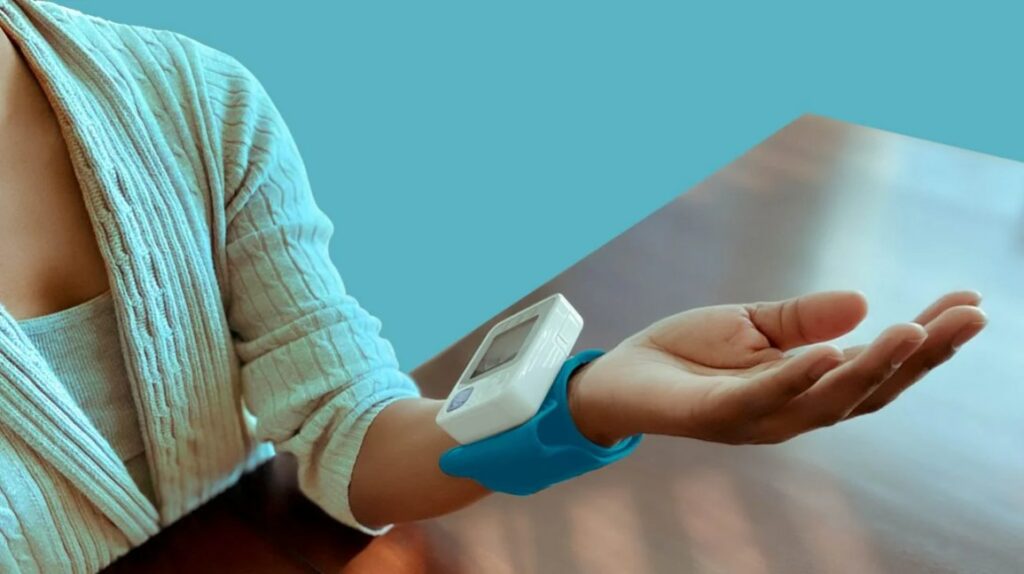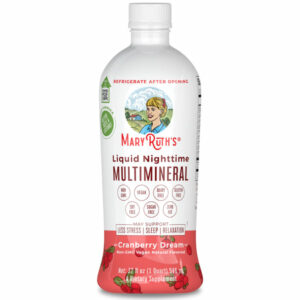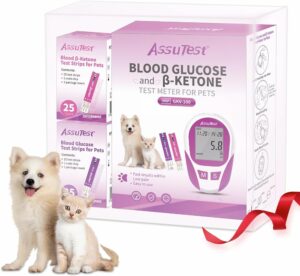The best blood pressure monitors are Omron Platinum Blood Pressure Monitor and Withings BPM Connect. These devices have accurate readings, user-friendly interfaces, and wireless connectivity for tracking and monitoring blood pressure.
Now, let’s explore more about the features and benefits of these top-rated blood pressure monitors. Keeping track of your blood pressure is essential for maintaining good health. With the advancement in technology, having a reliable and accurate blood pressure monitor at home has become a necessity.
But with so many options available, it can be overwhelming to choose the right one. We will discuss two of the best blood pressure monitors available in the market: the Omron Platinum Blood Pressure Monitor and the Withings BPM Connect. These devices are highly recommended due to their accuracy, ease of use, and advanced features. Whether you have hypertension or simply want to keep a check on your blood pressure, these monitors provide accurate readings and help you manage your health effectively. So, let’s dive into the details of these top-rated blood pressure monitors and find out why they are the best choices.
Table of Contents
Understanding Blood Pressure Monitors
|
Blood pressure monitors are essential medical devices that help individuals monitor their blood pressure levels accurately and conveniently at home. Understanding how these monitors work is important before choosing the best one for your needs. Blood pressure monitors operate by measuring the pressure in your arteries as the heart pumps blood. These devices typically consist of an inflatable cuff, a pressure gauge, and a display unit. When the cuff is wrapped around the upper arm or wrist and inflated, it applies pressure to temporarily stop blood flow. As the air is gradually released, the monitor measures both systolic and diastolic pressures, which are displayed on the screen. There are different types of blood pressure monitors available. Digital monitors are increasingly popular due to their ease of use and accurate readings. They utilize electronic sensors and display results digitally. Wrist monitors, as the name suggests, are worn on the wrist, providing convenience and portability. Upper arm monitors are placed on the upper arm, offering reliable and precise readings. |
Features To Look For In A Blood Pressure Monitor
Features to Look for in a Blood Pressure Monitor:
Accuracy and reliability: Ensuring accurate and reliable readings is crucial when choosing a blood pressure monitor. Look for models that have been clinically validated or approved by relevant authorities.
Cuff size and fit: A proper cuff size and fit are essential for accurate readings. Make sure the monitor comes with different cuff sizes or an adjustable cuff to suit your arm size.
Ease of use and convenience: Choose a monitor that is user-friendly and easy to operate. Look for features such as a large display, intuitive buttons, and clear instructions.
Memory and data management capabilities: Having the ability to store and track your blood pressure readings over time is beneficial. Opt for a monitor with sufficient memory capacity and data management features such as date and time stamping.
Additional features and functionalities: Some monitors offer additional features like irregular heartbeat detection, averaging of multiple readings, or compatibility with smartphone apps for further analysis. Consider your individual needs and preferences when evaluating these extra functionalities.
Top 5 Blood Pressure Monitors On The Market
Looking for the best blood pressure monitors on the market? We have compiled a list of the top 5 models with different features and specifications to help you make an informed decision.
| Model A: A reliable and accurate blood pressure monitor |
|---|
| Key features and specifications |
| Pros and cons |
| User reviews and ratings |
| Model B: An innovative wrist blood pressure monitor |
| Key features and specifications |
| Pros and cons |
| User reviews and ratings |
| Model C: A user-friendly upper arm blood pressure monitor |
| Key features and specifications |
| Pros and cons |
| User reviews and ratings |
| Model D: A compact and portable blood pressure monitor |
| Key features and specifications |
| Pros and cons |
| User reviews and ratings |
| Model E: A budget-friendly blood pressure monitor option |
| Key features and specifications |
| Pros and cons |
| User reviews and ratings |
How To Choose The Right Blood Pressure Monitor For You
Choosing the right blood pressure monitor can be a crucial decision for your health. First and foremost, it is important to consult with a healthcare professional to get guidance on the best monitor for your specific needs. They can provide valuable insights and recommend the most suitable options.
Price range and value for money are also important factors to consider. Look for monitors that provide accurate readings and reliable performance within your budget. Comparing prices and features will help you make an informed decision.
Additionally, check for the warranty and customer support offered by the manufacturer. A good warranty ensures that you are protected against any manufacturing defects or malfunctions. Responsive customer support is crucial if you encounter any issues or have questions.
By taking into account your specific needs and preferences, consulting with a healthcare professional, considering the price range and value for money, and evaluating the warranty and customer support, you can choose the best blood pressure monitor for you.
Tips For Accurate Blood Pressure Monitoring
- Ensure you have had sufficient rest prior to the reading.
- Avoid consuming caffeine or engaging in strenuous activities for at least 30 minutes beforehand.
- Use the restroom before the reading.
- Sit in a comfortable and relaxed position with your back supported.
- Rest your arm on a flat surface, such as a table, at heart level.
- Position the blood pressure cuff on your upper arm, aligning it with your heart.
- Avoid talking or moving during the reading.
- Avoid crossing your legs or ankles, as it may affect the accuracy of the reading.
- Ensure the cuff size is appropriate for your arm to avoid inaccurate measurements.
- Follow the manufacturer’s instructions for proper cuff placement and inflation.
- Take readings at the same time each day, preferably before taking any medication.
- Use the same arm for measurements unless advised otherwise by your healthcare professional.
- Keep a log of your readings, including date, time, and any relevant notes.
:max_bytes(150000):strip_icc()/Web_1500-dotdash-bp-monitor-group-testing-nick-kova-00311-e497284fa2c841c2b7928ddce7b599b5.jpg)
Credit: www.verywellhealth.com
Frequently Asked Questions Of Which Are The Best Blood Pressure Monitors
Q: What Are The Best Blood Pressure Monitors For Home Use?
A: The best blood pressure monitors for home use are those that are accurate, easy to use, and reliable. Some top options include Omron Platinum Blood Pressure Monitor, Withings BPM Connect, and Beurer BM55. These monitors provide accurate readings and come with user-friendly features that make monitoring your blood pressure at home convenient and effortless.
Q: How Do I Choose The Right Blood Pressure Monitor?
A: To choose the right blood pressure monitor, consider factors such as accuracy, ease of use, cuff size, memory storage, and additional features like smartphone connectivity. Look for a monitor that has been clinically validated for accuracy and fits your arm size properly.
Reading reviews and considering recommendations from healthcare professionals can also help you make an informed decision.
Q: Are Wrist Blood Pressure Monitors Accurate?
A: Wrist blood pressure monitors can be accurate if used correctly. However, they tend to be less accurate compared to upper arm monitors. Factors like positioning the device at heart level, keeping still during the measurement, and following the manufacturer’s instructions are crucial for obtaining accurate readings.
If accuracy is your priority, it is recommended to opt for an upper arm blood pressure monitor.
Conclusion
Choosing the best blood pressure monitor is crucial for monitoring your health. With the wide range of options available, it’s important to consider factors such as accuracy, convenience, and user-friendliness. By conducting thorough research and reading customer reviews, you can make an informed decision.
Remember to consult with your healthcare provider for further guidance. Prioritize your health and find the blood pressure monitor that suits your needs best.








